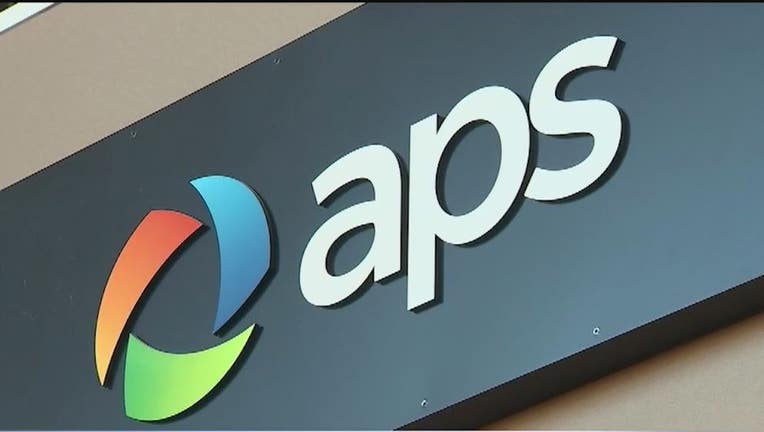Utility regulators to grill new Arizona Public Service CEO on faulty rate tool

PHOENIX - Utility regulators are scheduled to question the new head of Arizona Public Service Wednesday as the state’s largest electrical utility faces scrutiny for billing mistakes and political spending.
APS chief executive Jeff Guldner is likely to be grilled by the Arizona Corporation Commission about an online tool that was supposed to tell customers their cheapest power plan but instead steered about 12,000 people to higher-cost options.
The error incensed several members of the elected commission, who have demanded that the company answer for how the problem happened when APS discovered it and how the public can be confident in the information the company issues in the future. APS has taken the faulty tool offline, promised to fix it and said it will issue refunds to the affected customers.
“Ratepayers should not shoulder the cost for a company’s management favors,” Republican Commissioner Boyd Dunn wrote in a letter to the other four commissioners last month. “Companies will be held accountable for their poor business decisions.”
Guldner is appearing before the commission for the first time since taking the helm at APS and its parent company, Pinnacle West Capital Corp., last month.
In September, commissioners lit into Guldner and other top APS executives, saying they schemed to control electricity regulation through lobbying and millions in political spending, growing wealthier while some of their customers struggled to pay their bills.
Commission Chairman Bob Burns, a Republican, pressed Guldner to commit to never getting involved in corporation commission campaigns during his tenure as CEO. Guldner demurred, saying he’d get back to the commissioner after he took charge.
APS has been a prolific spender on Arizona politics in the last decade. It acknowledged breaking with precedent in 2014 to spend $3.2 million on the 2014 commission races after refusing for years to confirm or deny its participation in the election of its regulator.
The utility also spent $4.1 million to influence its regulators’ 2016 election and nearly $40 million to defeat a citizens’ initiative last year that would have required that it get much more of its power from solar and other renewable sources. APS had previously acknowledged those contributions.
In 2017, with a majority of the commission elected with the help of APS funding, commissioners approved a rate increase for the utility. The rate hike has been intensely criticized after many customers saw their bills increase significantly more than the advertised average of 4.5%.
The company is seeking another rate increase in a proceeding that’s still pending.

